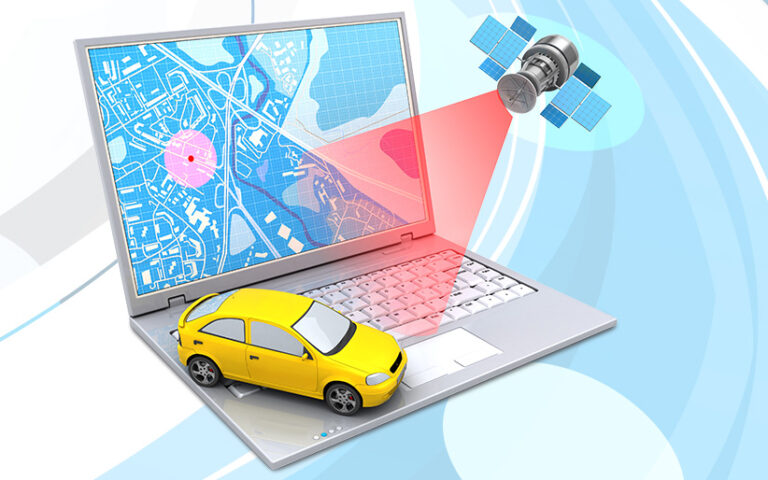In today’s world, where efficiency, sustainability, and safety are paramount, Fleet Managers are turning to advanced technology to stay ahead. One of the most transformative tools in a Fleet Manager’s arsenal is vehicle telematics. This technology, which merges telecommunications with informatics, provides detailed, real-time information about each vehicle in a fleet. The benefits are numerous, from optimising fleet size to planning a transition to electric vehicles. Let’s delve into these advantages.
1. Optimising Fleet Size
- Cost Efficiency: Maintaining vehicles that are not utilised to their fullest potential leads to unnecessary costs. By using vehicle telematics, managers can analyse vehicle usage patterns, helping them determine which vehicles are underutilised or redundant. This can lead to significant savings in maintenance, insurance, and licensing fees.
- Efficient Resource Allocation: Telematics offers a clear picture of which vehicles are overburdened and which are underused. By redistributing tasks or reorganising vehicle roles, Fleet Managers can maximise the lifespan and utility of every vehicle.
2. Monitoring Driving Behaviour
- Safety Enhancements: Telematics systems can monitor speed, braking habits, cornering, and acceleration patterns. This allows managers to identify drivers who may be at risk due to aggressive or unsafe driving habits. Timely interventions can then be made to reduce accidents, potential legal liabilities, and maintenance costs resulting from wear and tear.
- Training Opportunities: Data collected can be used in training sessions. By highlighting real-world scenarios and driving habits, training can be more tailored and effective. This not only improves overall safety but also boosts driver morale and confidence.
3. Identifying High-Risk Activities
- Proactive Maintenance: Telematics can predict potential vehicle failures by analysing data like engine temperature, tyre pressure, and battery status. This predictive analysis can prevent costly breakdowns and reduce the time vehicles spend off the road.
- Route Optimisation: Telematics can identify high-risk routes that may be prone to accidents, traffic jams, or other delays. This data can be used to redirect vehicles through safer and quicker routes, saving time and reducing risk.
- Theft and Misuse Prevention: With real-time tracking, unauthorised use or deviations from prescribed routes can be quickly identified. In case of theft, the exact location of the vehicle can be tracked, significantly improving the chances of recovery.
4. Planning for the Transition to Electric Vehicles (EVs)
- Infrastructure Planning: As fleets move toward electrification, understanding current vehicle routes and stopping points can help in determining where charging stations should be positioned. Telematics data provides insights into the most frequented routes and stop-over points, making infrastructure planning more precise.
- Battery Monitoring: Just as telematics can monitor fuel efficiency in traditional vehicles, it can also monitor the battery health, consumption rates, and charging habits in EVs. This can assist fleet managers in planning maintenance, deciding on charging schedules, and understanding when a vehicle battery might need replacement.
- Driving Behaviour and EVs: Different driving habits can have a distinct impact on battery consumption. By analysing this data, fleet managers can train drivers to use energy more efficiently, maximising the range and lifespan of EV batteries.
- Cost-Benefit Analysis: Transitioning to EVs is a significant investment. By using telematics to monitor fuel costs, maintenance expenses, and vehicle downtimes, managers can make an informed comparison with the potential costs and savings of EVs. This data-driven approach can validate the decision to transition and help in strategising the rollout.
In a rapidly evolving transportation landscape, vehicle telematics stands out as a beacon for fleet managers. The ability to gather real-time data, analyse patterns, predict challenges, and plan for the future makes telematics indispensable. Whether it’s ensuring the safety of drivers, saving costs through optimisation, or paving the way for a sustainable EV future, telematics is the key to a smarter, safer, and more efficient fleet management strategy.






